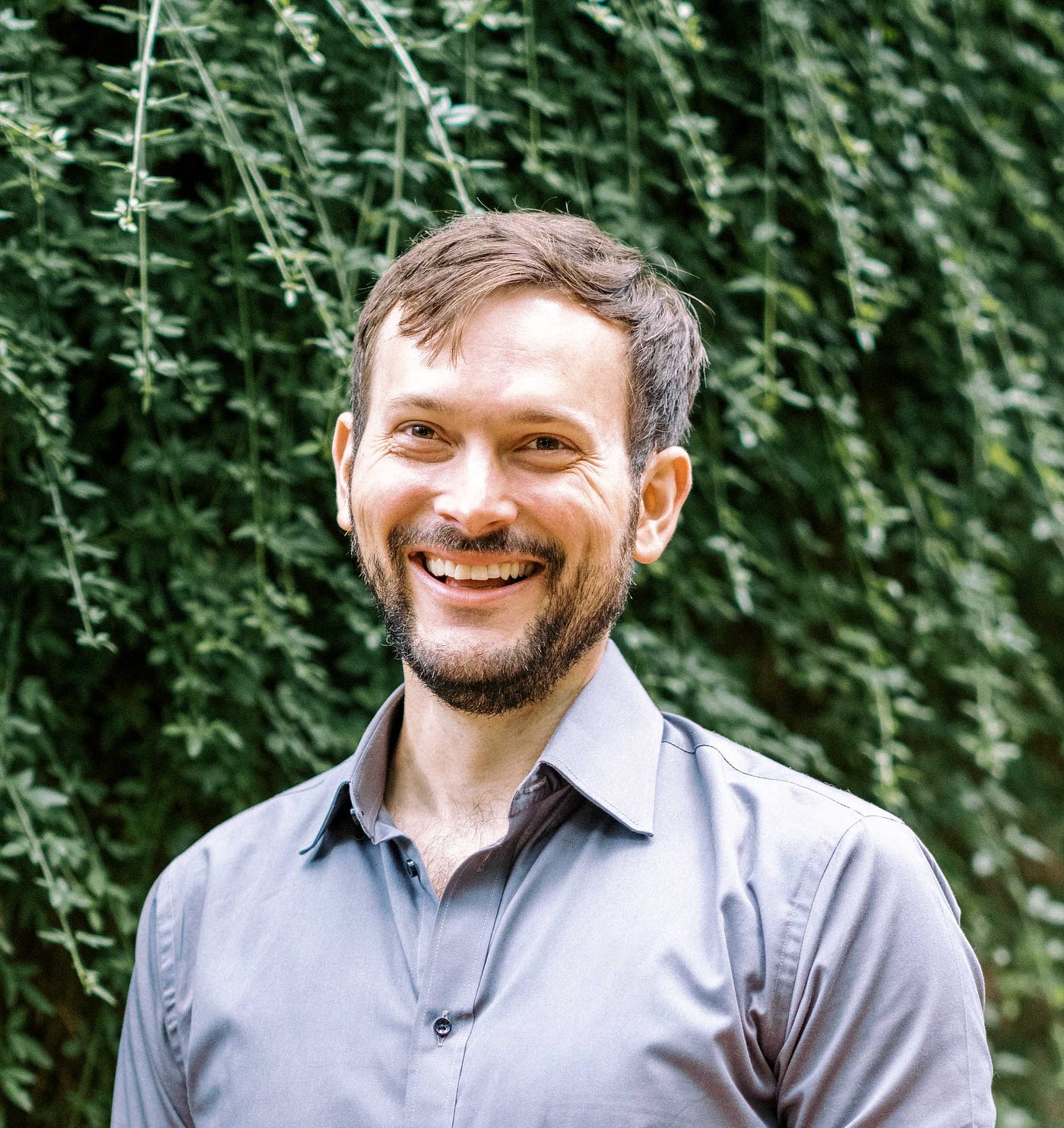Award-winning cybersecurity journalist Blake Sobczak joins README as managing editor

When we launched README this summer, we set out on an ambitious mission to produce cybersecurity journalism that stands out for its technical accuracy and focus on innovation and the big ideas for fixing tough technical problems. We also sought to give hackers and researchers a platform to share unique insights. Our aim is to cultivate a welcoming and interactive community for anyone who cares about finding answers to the most challenging cybersecurity issues.
To carry out that vision, we are thrilled to announce Blake Sobczak is joining README as our managing editor beginning Oct. 25. He will run day-to-day operations of the publication and write our soon-to-launch weekly newsletter, Changelog.
Jay Kaplan, CEO of Synack, which publishes README, had this to say about the announcement: “Blake brings a sharp editor’s eye and curious mind to README, but also a deep and impressive knowledge of cybersecurity. Few journalists know more about the intersection of critical infrastructure and cybersecurity than he does. That experience will help make README an indispensable resource for readers, and attract an audience for stories and ideas they simply won’t get anywhere else.”
Indeed, Blake’s reporting began shining a light on critical vulnerabilities in the grid long before attacks such as SolarWinds alarmed politicians and the public about troubling security issues across the global utility sector.
Blake most recently worked as deputy editor for POLITICO’s Energywire, a publication focused on the transformation of the US power grid and fossil fuel sectors. Since joining Energywire in 2013, he covered a range of hacking threats facing oil, gas and electricity companies, and he won a SABEW Best in Business award for his 2019 investigation of a cyberattack on a Saudi Arabian petrochemical facility.
That story was the first to publicly identify the facility that fell victim to the attack, and it included previously unreported technical details about how hackers changed tactics once they were discovered deep in Petro Rabigh’s industrial safety networks. The article set a high bar for cybersecurity journalism and is a prime example of the types of work README aspires to produce.
Blake’s reporting also has taken him to China and Israel for firsthand looks at how global powers approach cyber conflict. He helped break news of a series of attempted cyber intrusions at U.S. nuclear plants in 2017 — the hacking campaign codenamed “Nuclear 17” or “Palmetto Fusion,” which was later linked to the Russian government.
Blake will help lead a team of writers that include veteran cybersecurity journalists Shaun Waterman, tech reporters Payal Dhar and Nathaniel Mott, cybersecurity policy expert Josephine Wolff, investigative journalist Joshua Eaton and noted cybersecurity researcher Malcolm Stagg.
We’re also looking for other contributors to build out our team of writers and researchers. Please get in touch if you’re interested, follow us on Twitter and share our stories with anyone who cares about the future of digital security or wants to be part of the README community.




